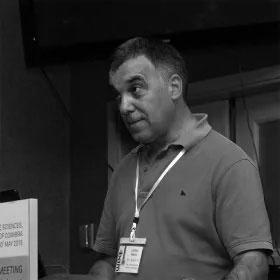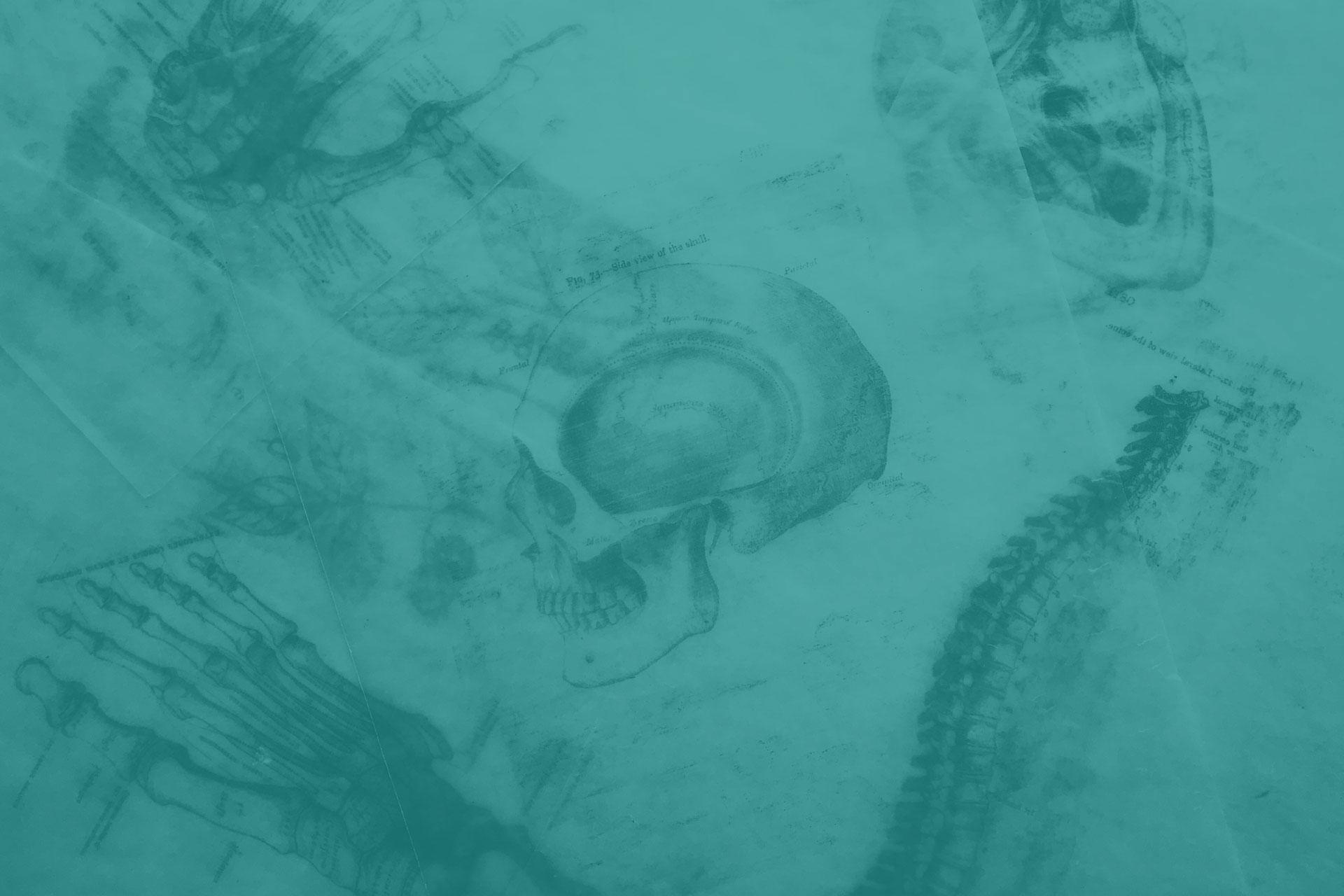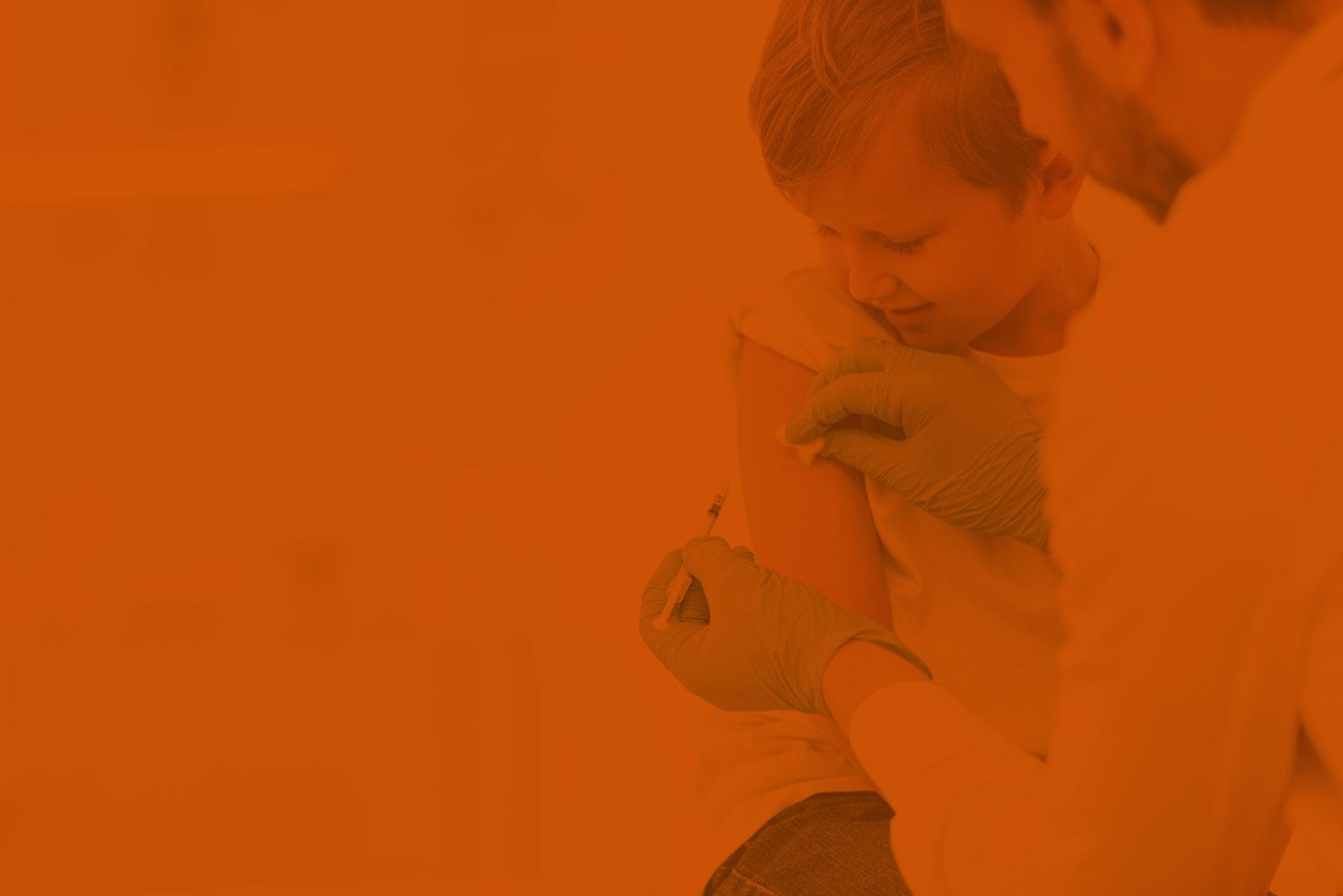Duration: July to October, 2025
Abstract: The prevalence of haemoglobin S (Hb S) in Cape Verde is a reality which, combined with a lack of diagnosis and genetic counselling, contributes to the high risk of children being born with sickle cell disease. The PREV-HbS project aims to implement a programme to study the prevalence of Hb S in pregnant women and women of childbearing age, aged between 16 and 49, identifying the carriers and enabling early intervention; train local health professionals – including physicians, nurses, and laboratory technicians – in the early diagnosis and clinical follow-up of sickle cell disease; promote genetic literacy and reproductive counselling, reducing the risk of transmission and improving the quality of life of families.
Coordinator: Celeste Bento
Participants: Luis Relvas, Linette Fernandes, Conceição Pinto, António Maximiano Fernandes, Pamela Borges, Guilherme Ǫueiroz, Licínio Manco, Joana Ramos
Partner institutions: ALUA – Aliança Lusófona de Especialistas para a Doença Falciforme (Coordenação); Hospital Universitário Agostinho Neto, Praia, Santiago; Hospital Dr. Baptista de Sousa, Mindelo, São Vicente; Laboratório Bioanalitica Lda; Centro de Investigação em Antropologia e Saúde (CIAS); Unidade Funcional de Hematologia Molecular; Associação Portuguesa de Pais e Doentes com Hemoglobinopatias (APPDH).
Financial support: Programa “Saúde nos Junta” da Secretaria Geral do Ministério da Saúde de Portugal
Duration: 04/2023 – 03/2028
Abstract: The aim of HealthyW8 is to advance the efficacy of current and future efforts and investments in obesity prevention initiatives across Europe. Initiatives on obesity prevention in policy and practice are often of marginal impact. HealthyW8 will address these shortcomings by iteratively developing, together with stakeholders, a digital-based healthy lifestyle recommender for evidence-based, tailored interventions and tools including a human digital twin to bridge the gap between science, societal actors and stakeholders (e.g. healthcare professionals, food industries, policymakers) and EU citizens.
Coordinator (PI): Torsten Bohn, Luxembourg Institute of Health
Participants (CIAS): Daniela Rodrigues; Helena Nogueira; Licínio Manco; Maria-Raquel G. Silva
Partner institutions:
- Luxembourg Institute Of Health – LIH (998331858) – COORDINATOR
- Luxembourg Institute Of Science And Technology – LIST (934320200) – BENEFICIARY
- NIUM – (898185954) – BENEFICIARY
- Deutsches Forschungszentrum Fur Kunstliche Intelligenz GMBH – DFKI (999607602) – BENEFICIARY
- VIRTECH OOD – (997240705) – BENEFICIARY
- Leibniz-Institut Fur Praventionsforschung Und Epidemiologie – BIPS GMBH – LEIBNIZ-Institut Fur Praventionsforschung Und Epidemiologie – BIPS GMBH (962342336) – BENEFICIARY
- SPORA SINERGIES SCCL – (986594082) – BENEFICIARY
- Centre De Recerca En Economia I Desenvolupament Agroalimentari-UPC-IRTA – CREDA (986340815) – BENEFICIARY
- Universita Degli Studi Di Scienze Gastronomiche – University Of Gastronomic Sciences (949553468) – BENEFICIARY
- Consiglio Nazionale Delle Ricerche – CNR (999979500) – BENEFICIARY
- Centro De Investigacion Y Tecnologia Agroalimentaria De Aragon – CITA (997262142) – BENEFICIARY
- Universidade De Evora (998269196) – BENEFICIARY
- Fundacio Institut D’investigacio Sanitaria Illes Balears – Foundation Health Research Institute Of The Balearic Islands (974340460) – BENEFICIARY
- IRCCS Azienda Ospedaliero- Universitaria Di Bologna – IRCCS AOU BO (991016991) – BENEFICIARY
- Danmarks Tekniske Universitet – Technical University Of Denmark DTU (999990655) – BENEFICIARY
- Universiteit Twente (999900833) – BENEFICIARY
- Universidade De Coimbra (997826391) – BENEFICIARY
- Regional Cluster North-East – (935248296) – BENEFICIARY
- Technische Universiteit Eindhoven – TU/e (999977269) – BENEFICIARY
- MEDEA SRL – (951976140) – BENEFICIARY
- Asociatia Euro Atlantic Diplomacy Society – (890633243) – BENEFICIARY
- Stichting European Nutrition For Health Alliance – European Nutrition For Health Alliance (883383269) – BENEFICIARY
- KNEIA SL – (936881582) – BENEFICIARY
- Europese Federatie Van Verenigingen Van Dietisten – The European Federation Of The Associations Of Dietitians EFAD (947201412) – BENEFICIARY
Financial support: European Commission, HORIZON Programme – 10.000.000€
Reference: 101080645
Duration: 2023 – 2024
Abstract: To evaluate the association of genetic variants at the HBB gene cluster, BCL11A gene, and HMIP region ((HBS1L-MYB intergenic polymorphisms) with HbF levels in Hemoglobin S carriers and in normal individuals of São Tomé e Príncipe.
Coordinator: Licínio Manco (CIAS)
Participants: Licínio Manco (CIAS), Celeste Bento (CIAS), Afonso Morais (CIAS)
Financial support: CIAS
Duration: 01/2023 – 07/2023
Abstract: The main objective of this project is to estimate the prevalence of the Hemoglobin S carriers in São Tomé and Príncipe. The secondary objectives are: to characterize sociodemographically the carriers of Hemoglobin S in the country; to map the geographic distribution of the Hemoglobin S carriers; to assess drepanocytosis literacy among participants and its sociodemographic determinants; and to estimate the prevalence of woman of childbearing age with homozygosity (HbSS) or with combinations of Hemoglobin S with other hemoglobin variants.
Coordinator (PI): Celeste Bento (CIAS)
Participants: Guilherme Queiroz (CIAS), Celdidy Monteiro, Licínio Manco (CIAS), Luis Relvas, Maria de Jesus Trovoada
Partner institutions: Centro de Investigação em Antropologia e Saúde (CIAS), Universidade de Coimbra, Portugal; Laboratorio de Eritropatologia, Unidade Funcional de Hematologia Molecular, Serviço de Hematologia Clínica, Centro Hospitalar e Universitário de Coimbra, Portugal; Associação Portuguesa de Pais e Doentes com Hemoglobinopatias (APPDH); Unidade de Saúde Pública do ACES Baixo Vouga, Administração Regional de Saúde do Centro, Portugal; Associação Filhos da Meia Lua Vermelha (AFMLV), São Tomé e Príncipe; Hospital Dr. Ayres de Menezes; Centro Nacional de Endemias S. Tomé e Príncipe (CNE).
Financial support: Centro de Investigação em Antropologia e Saúde (CIAS), Universidade de Coimbra, e Associação Portuguesa de Pais e Doentes com Hemoglobinopatias (APPDH).
Duration: 2018 – 2025
Abstract: The aim of the project is the molecular characterization of genetic blood disorders in patients with haemoglobinopathies, red blood cell enzyme defects, venous and arterial thrombosis, haemorragic diseases, congenital erythrocytosis and increased percentages of HbF, searching for genetic variants associated or potentially involved in these clinical phenotypes. This project is conducted in collaboration with the Haematology Service of Centro Hospitalar e Universitário de Coimbra (CHUC).
Coordinator (PI): Licínio Manco (CIAS), Celeste Bento (CIAS), Teresa Fidalgo (CIAS)
Participants: Licínio Manco (CIAS), Celeste Bento (CIAS), Teresa Fidalgo (CIAS), Janet Pereira, Luís Relvas, Maria Letícia Ribeiro (CIAS)
Financial support: Forum hematologico (Serviço de Hematologia Clínica – CHUC); FCT-CIAS: UID/ANT/00283/2019 (Portugal)
Duration: 2018 – 2025
Abstract: This project aims to identify specific paternal lineages that could have historical or demographic significance in the Portuguese territory. In Portugal the sub-lineages of some common Y-chromosome haplogroups remain to be identified, including for the most frequent Y-chromosome haplogroup, R1b-M269. The dissection of sub-lineages within these haplogroups, allowing to identify possible unknown branches, has special interest for the historical or demographic movements in the territory and could be also useful in forensic genetics.
Coordinator (PI): Licínio Manco (CIAS)
Participants: Licínio Manco (CIAS), Fábio Nunes (CIAS), Selsabil Bouabdallah, Diana Alves
Financial support: FCT, CIAS
Reference: UID/ANT/00283/2019
Duration: 2018 – 2020
Abstract: Several studies have been done to determine which genes related with the Central Nervous System (CNS) could be involved in obesity. These studies have managed to point out a series of relevant genes such as: FTO, MC4R, BDNF, NEGR1, TFAP2B, etc. However, none of these loci have been studied in the field of eating disorders, whose incidence continues increasing among young women, adolescents and even girls. It does not seem far-fetched to think that if there are alterations in these genes that can lead to a change in behavior (e.g. anxiety, hyperphagia, etc.) that leads to obesity, these same alterations could lead to an eating disorder (whether anorexia, bulimia or disorder by binge); especially if certain additional psychopathological features or certain sociocultural environments coexist. In a previous study we have identified some of these genes suggesting that they can play a role in personality traits of patients with eating disorders. The main aim of this study is to analyze 159 tag-SNPs (variants that represent the variability of a gene) located in 15 CNS genes previously related to obesity among a sample of 400 patients with eating disorders and 400 controls. This case-control study will be performed to analyze if there are an association between these genes and the risk of eating disorders as well as with psychopathological parameters. The determination of genetic profiles with direct influence on the implantation or evolution of eating disorders would allow us to identify early risk patients, thus helping to adopt the appropriate preventive or therapeutic measures.
Coordinator (PI): Guillermo Gervasini Rodríguez (Universidad de Extremadura, Spain)
Participants: David Albuquerque (CIAS), Juan Antonio Carillo Norte (Universidad de Extremadura), Angustias Garcia Herraiz (Unidad de Salud Mental II, Unidad de Trastornos Alimentarios, Servicio Extremeño de Salud)
Finantial support: Fundación Alicia Koplowitz (Spain)
Duration: 2017-2019
Abstract: The main objective of this study is to describe low frequency alleles and copy number variations (CNVs) associated with higher obesity susceptibility risk, as it has not been previously detected, neither with GWAS nor with indirect studies based on their results. We intend to generate genomic data of great potential via massive sequencing technology (NGS), combined with an exhaustive patient selection and the usage of the information stored in eQTL data bases. These results will lead to a second strategy in obesity research by metabolomic and proteomic studies, redefining and widening the “overweight” concept and making it possible to identify markers that will optimize clinical management. All the clinical and phenotypical information of the patients, their family history and the information obtained by genomic technologies, altogether, will be incorporated into new tools capable of managing all the information and cross it with the biological systems that have already been associated with obesity.
Coordinator (PI): Raquel Rodríguez-López (HUGV)
Participants: David dos Santos Albuquerque (CIAS), Concepción Cerda Mico (HUGV), Goitzane Marcaida Benito (HUGV), CLévio Rodríguez Nóbrega (Universidade de Algarve), Carola Guzman Lujan (HUGV), Marcos Bruna Esteban (HUGV), Maria Nieves Prieto Colodrero (HUGV), Laura Gandia Artides (HUGV),
Financial support: Instituto de Salud Carlos III (Spain)
Reference: 17PI1551
Duration: 2017 – 2025
Abstract: DNA methylation levels in CpG sites of several genes emerged in last years for age estimation purposes because of its potential application in forensic genetics. The goal of this project is to develop age prediction models in biological samples of living and deceased individuals based in CpG methylation ratios of age-associated genes.
Coordinator (PI): Licínio Manco
Participants: Helena Correia Dias (CIAS), Eugénia Cunha (DCV; INML), Francisco Corte Real (FMUC;INML) Licínio Manco (CIAS)
Financial support: Fundação para a Ciência e Tecnologia, CIAS
Reference: SFRH/BD/117022/2016 (Helena C. Dias)
Duration: 2016 – 2023
Abstract: The aim of this project is to screen several cohorts of elderly people from different natural and social environments in order to define local healthy phenotypes by gender and culture, and to identify the determinants of health that can affect their development including: i) lifestyle; ii) both natural and built environmental factors; and iii) genetic and epigenetic backgrounds.
Coordinator (PI): Manuela Alvarez (CIAS)
Participants: Manuela Alvarez (CIAS), Tiago Sousa (CIAS), Licínio Manco (CIAS)
Financial support: FCT-CIAS: UID/ANT/00283/2019 (Portugal)




